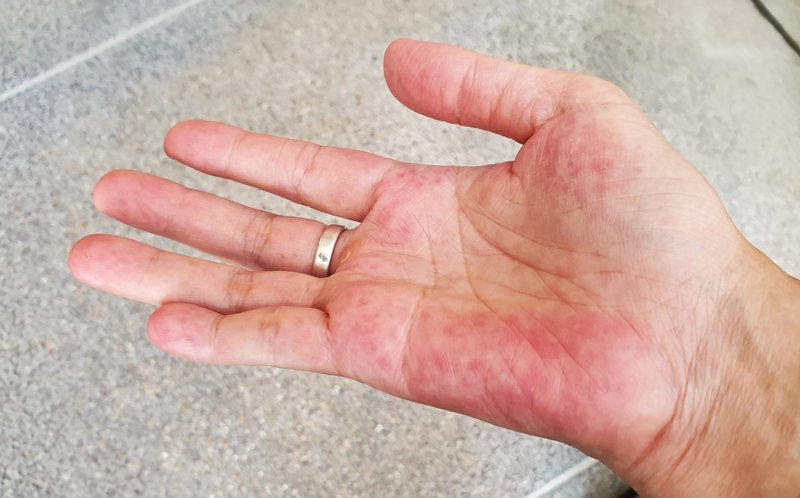Lupus (Lupus Erythematosus or Disseminated Lupus Erythematosus)

Lupus is an autoimmune, chronic and debilitating disease whose etiology remains poorly understood. The disease is progressive, marked by alternating periods of relapses and remissions. Lupus can affect many organs and tissues (skin, kidneys, joints, heart, lungs, nervous system, etc.), and manifests itself through heterogeneous clinical signs (skin rashes, arthritis, photosensitivity, kidney damage, neurological disorders, anemia, etc.). The disease mainly affects women (9 women for 1 man). The prevalence is estimated to be between 1 in 1000 and 1 in 3000.

There is no cure for lupus. The only treatments available aim to reduce inflammation and associated pain in order to treat the main symptoms and prevent complications. Currently, the common treatment is based on an antimalarial, hydroxychloroquine, acting as an anti-inflammatory with therapeutic and preventive benefit on relapses and long-term disease control. This treatment must be adapted to the severity and the affected organs and is generally used alone or in combination with nonsteroidal anti-inflammatory drugs (NSAIDs), corticosteroids, and immunosuppressants.
The pathophysiology function of the cytokine Interferon alpha (IFNα) has been clearly confirmed in Lupus.

